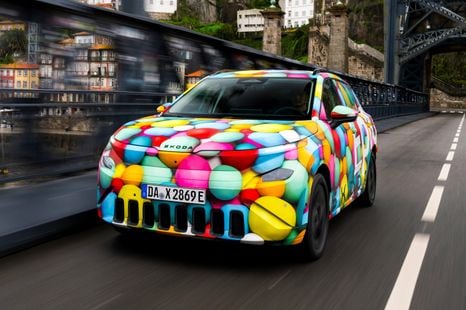

Dave Humphreys
2027 Skoda Epiq review: Quick drive
2 Hours Ago

Publisher
Porsche says sustainability in its business is not a matter of simply responding to rules or regulations, but rather an internal mindset it adopted decades ago and which it says it’s continuously improving.
Albert Reimold, member of the board of production and logistics, told media the company has been founded on Ferdinand Porsche’s vision of not wasting the limited resources available.
“Sustainability is not a question of regulations or rules, you have to have it in your heart and mindset,” Mr Reimold said.
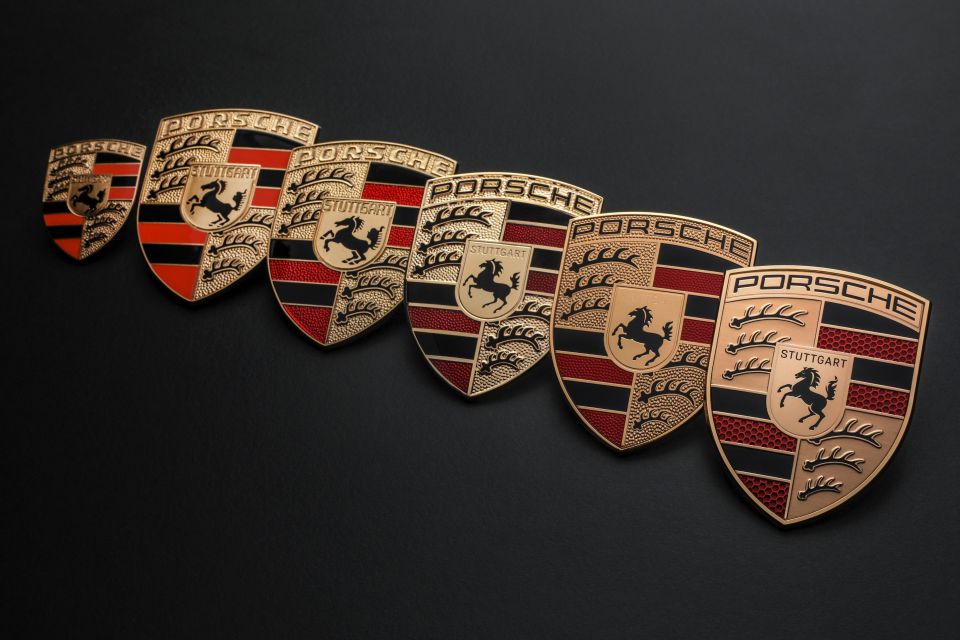
Of all the Porsches ever built, the company says, more than 70 per cent are still around and usable today.
That longevity and collectability of the vehicles on its own has had a substantial environmental impact in the whole vehicle lifecycle.
With 80 per cent of parts for modern Porsches being produced by third-party suppliers, Mr Reimold says Porsche is constantly finding ways to improve its sustainability in how it sources parts and how it delivers its vehicles to customers.
“We fight for these [sustainability] elements because we are serious, not just because of the discussion in newspapers and channels. We have the same opinion now as we had ten years ago with production because of the environment, we started a sustainability business plan,” he said.
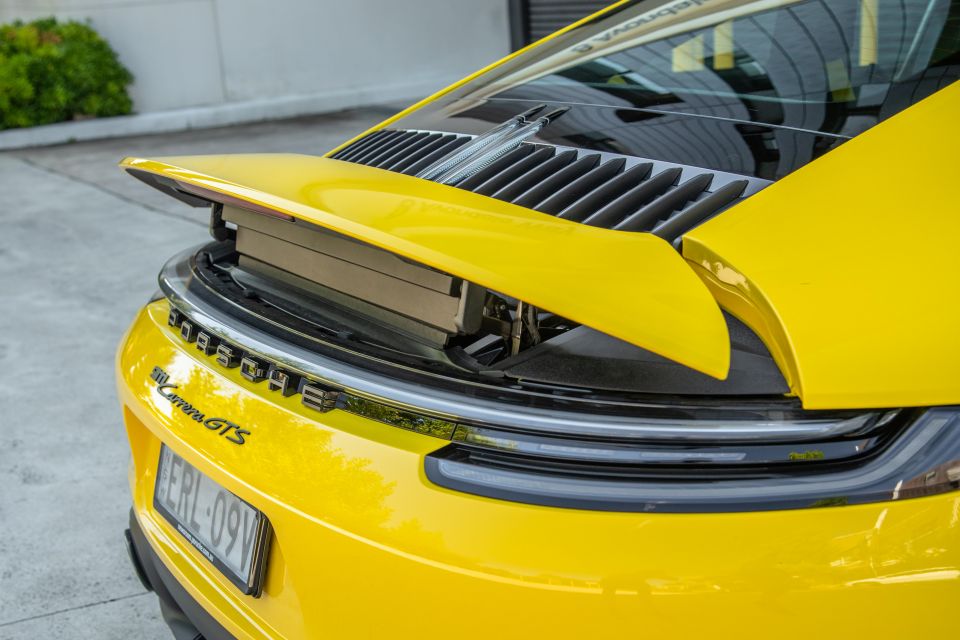
Porsche is looking to becoming carbon neutral while focusing on decarbonisation as part of its environmental strategy.
Meanwhile, the German brand has become more open around its need to be part of a circular economy and a ‘partner to society’, setting goals on giving back in a wide area of projects, charities and environmental initiatives.
The challenges the brand faces in the current movement toward electrification are also a big part of the change in its sustainability processes.
“We have to get all these elements, how we go from internal-combustion engine to electric and we have to train people because it can be very dangerous,” Mr Reimold said.
“We do it for example in Taycan production, we train people in electric voltage production, so we are ready to keep producing the cars that our customers need.”
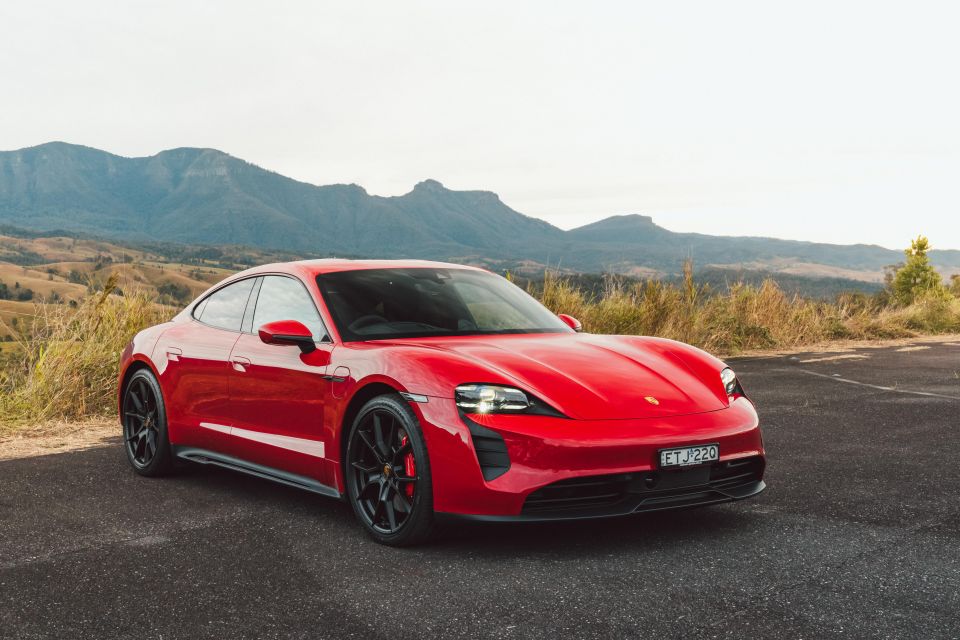
Nevertheless, where mainstream brands can account for massive scalability and limited choices in their vehicle production, Porsche is a brand founded on customisation and individuality. As an example, there are 600,000 ways a new 992 Porsche 911 can individually be specified.
“Customisation is key in Porsche, no one wants to have the same Porsche as their neighbour. Our customers want to have an individual car,” Mr Reimold said.
“We have to fulfil this demand, we can’t say yes all cars should be black and the same engine, no we have to fulfil all these requests. It’s very difficult for logistics people with supplier and part arriving at the right time”
The upside of this ability to individualise vehicles to specific consumer requests is that the longevity of the vehicles is substantially higher, with Porsches remaining in far better condition even decades on from sale, reducing their overall emissions during their lifecycle.
Go deeper on the cars in our Showroom, compare your options, or see what a great deal looks like with help from our New Car Specialists.
Alborz Fallah is a CarExpert co-founder and industry leader shaping digital automotive media with a unique mix of tech and car expertise.


Dave Humphreys
2 Hours Ago

Damion Smy
3 Hours Ago
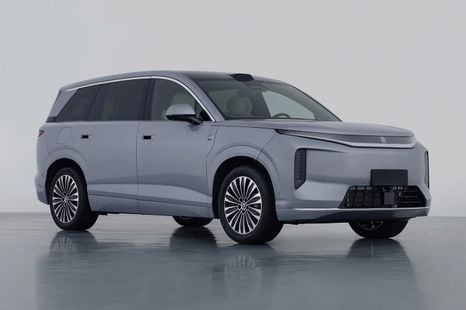

William Stopford
3 Hours Ago
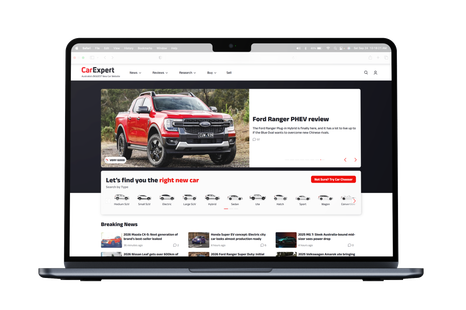

CarExpert
5 Hours Ago
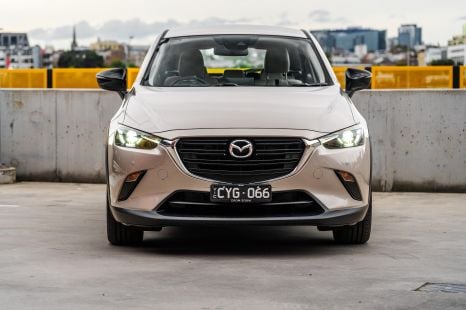

William Stopford
5 Hours Ago
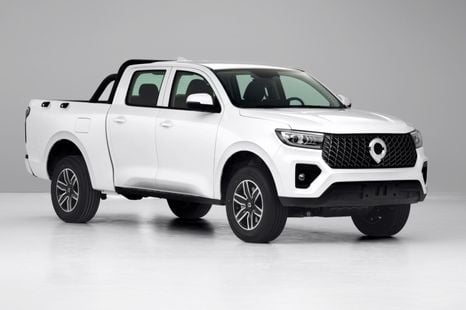

Damion Smy
6 Hours Ago
Add CarExpert as a Preferred Source on Google so your search results prioritise writing by actual experts, not AI.